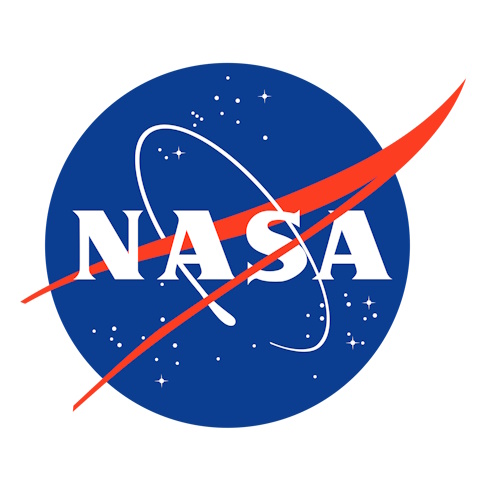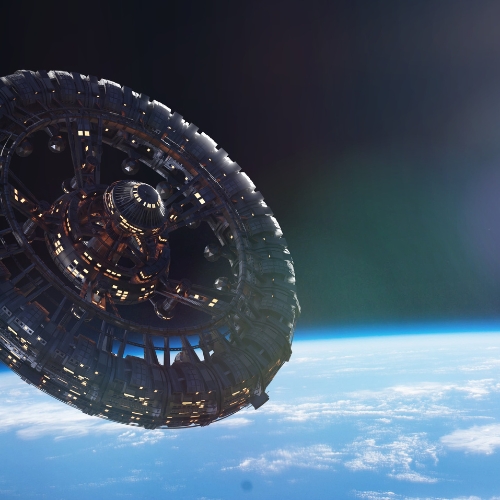Key points from article :
Solar electric propulsion could be used to send cargo to Mars ahead of a human mission.
Works underway for a Hall thruster for the Gateway, a proposed space station in lunar orbit.
It will be much more fuel efficient than a liquid hydrogen and oxygen rocket engine.
But 2 major drawbacks are the amount of time it takes to get there, and size of solar arrays
Nuclear thermal electric propulsion, a proposed better option, with 3 months transit time.
Boeing worries about the effects a nuclear reactor might have on astronauts.
Electric ion propulsion another option, but still under development.
Martin and Boeing both think liquid chemical rockets need to be the bedrock of any human mission to Mars.
Chemical rockets are a proven technology that worked in all the Apollo missions.
STPI thinks we can leave for Mars in 2039, NASA hopes for 2024 moon exploration first.







